Egg retrieval is done through a minor operation that involves inserting a tiny suction needle through the vaginal wall to the ovaries. It is a vital part of the IVF cycle. Therefore, it is essential to ensure that the eggs are healthy and retrieved properly to boost the whole cycle’s chances of success.
Pain after egg retrieval is a common side effect that patients may experience after the procedure. Aside from pain, patients may also experience mild cramping, bloating, soreness in the vaginal area, and constipation. These side effects are all normal, and they typically disappear after a few days.
This article will discuss the probable risks and common side effects of the egg retrieval procedure. It will further provide ways to alleviate the symptoms and recover faster from this minor operation.
What is Egg Retrieval
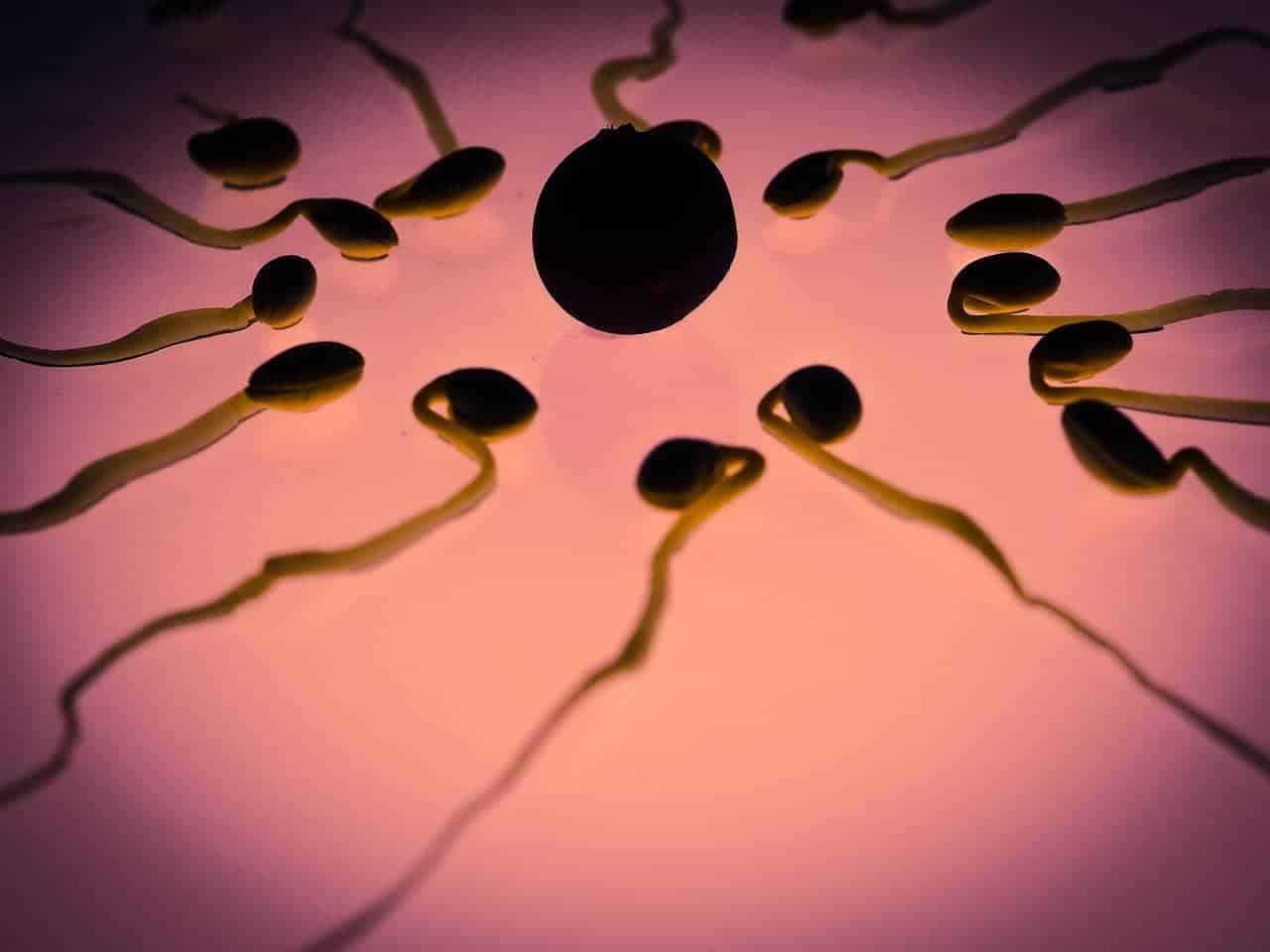
Egg retrieval, also referred to as oocyte retrieval (OCR), is a minor operation in which eggs are retrieved from a woman’s ovary. During the process, a vaginal ultrasound probe will be used to locate the ovarian follicles. The doctor will guide the catheter, with a tiny hollow needle and a suction head attached to it, through the vagina. It will then extract the fluid from the follicle containing the developed eggs.
The follicular fluid containing the eggs will be collected and transferred to the laboratory. An embryologist will then locate, isolate, and put the eggs in culture medium to allow them to develop further for a couple of hours before fertilization or freezing.
Most women retrieve eggs for one of three reasons:
First and the most common reason is when a woman is undergoing in vitro fertilization or IVF.
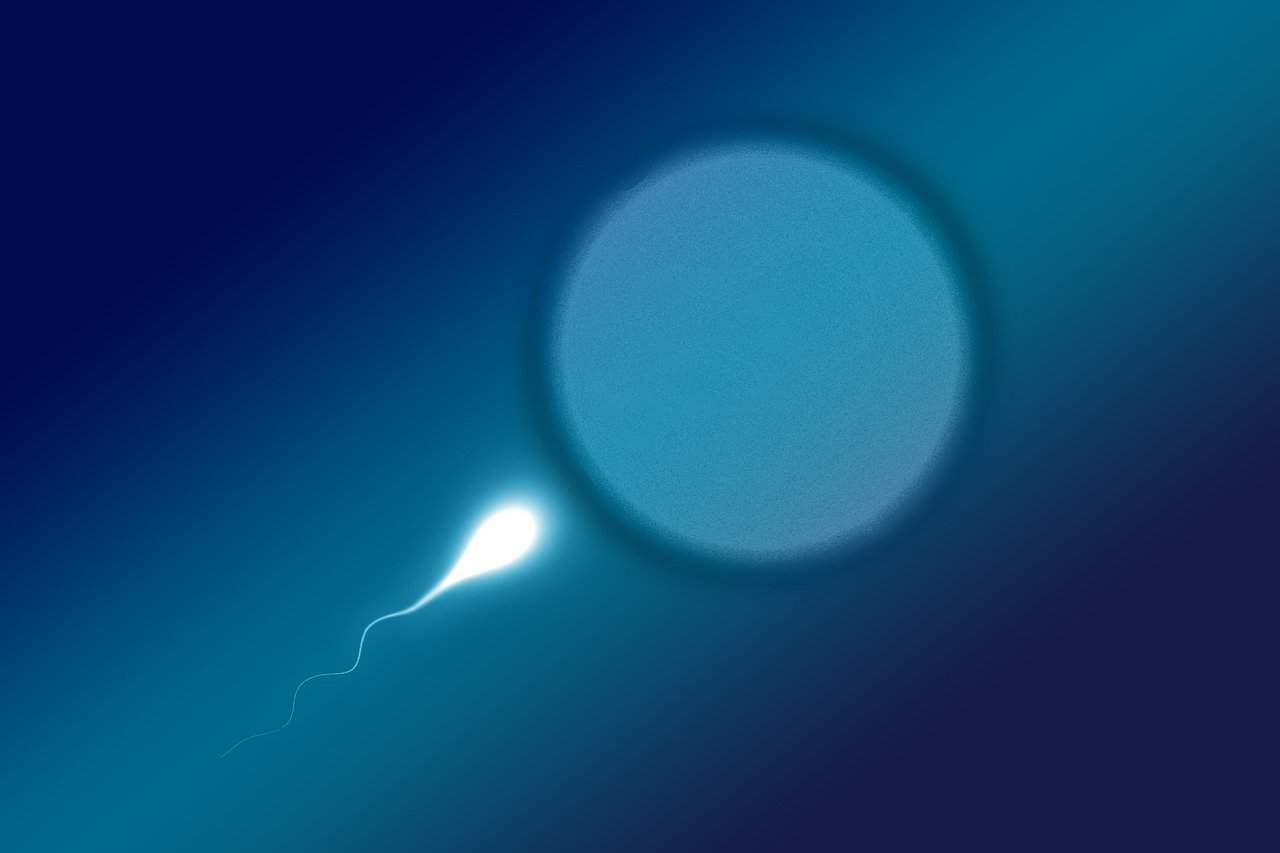
Second reason for egg retrieval is to freeze the eggs for later use. The eggs can also be fertilized first with the sperm before proceeding to the freezing stage. This procedure is often done by women or couples who are not prepared to have a baby yet but are worried about diminishing their egg quantity or quality.
Third reason is when a woman is donating her eggs to another woman or couple trying to get pregnant.
Other Common Painful Side Effects After Egg Retrieval
Cramping and Bloating

The transfer of the embryo causes enlargement of the ovaries, so it is normal to have mild to moderate cramps afterwards. Bloating is also expected due to hormonal changes. A good way to recover from this is by taking protein-rich (chicken, fish, tofu) and potassium-rich (bananas, cantaloupe, tomatoes) foods, while avoiding foods that cause gas (broccoli, cabbage, lettuce).
Constipation
Women usually feel constipated after an egg retrieval operation. It can be resolved easily by taking stool softening medication (if necessary) and staying hydrated.
Breast Tenderness

The rapid change in hormone level can cause the breast to feel tender or sore, which is similar to the feeling that some women get during PMS (premenstrual syndrome). After the procedure, wearing a supportive bra is recommended to avoid putting unnecessary strain on the chest.
Vaginal Discharge
The discharge of watery fluid is not an uncommon side effect, and it will eventually stop after some time. The cervix is swabbed before the operation, causing some fluid to get left behind. In most cases, the fluid is clear, but some may experience a bloody discharge, which is also normal.
It is important to avoid strenuous activities right after the operation in order to prevent complications. Excessive strain may irritate the cervix and cause heavier fluid discharge.
Ovarian Hyperstimulation Syndrome (OHSS)
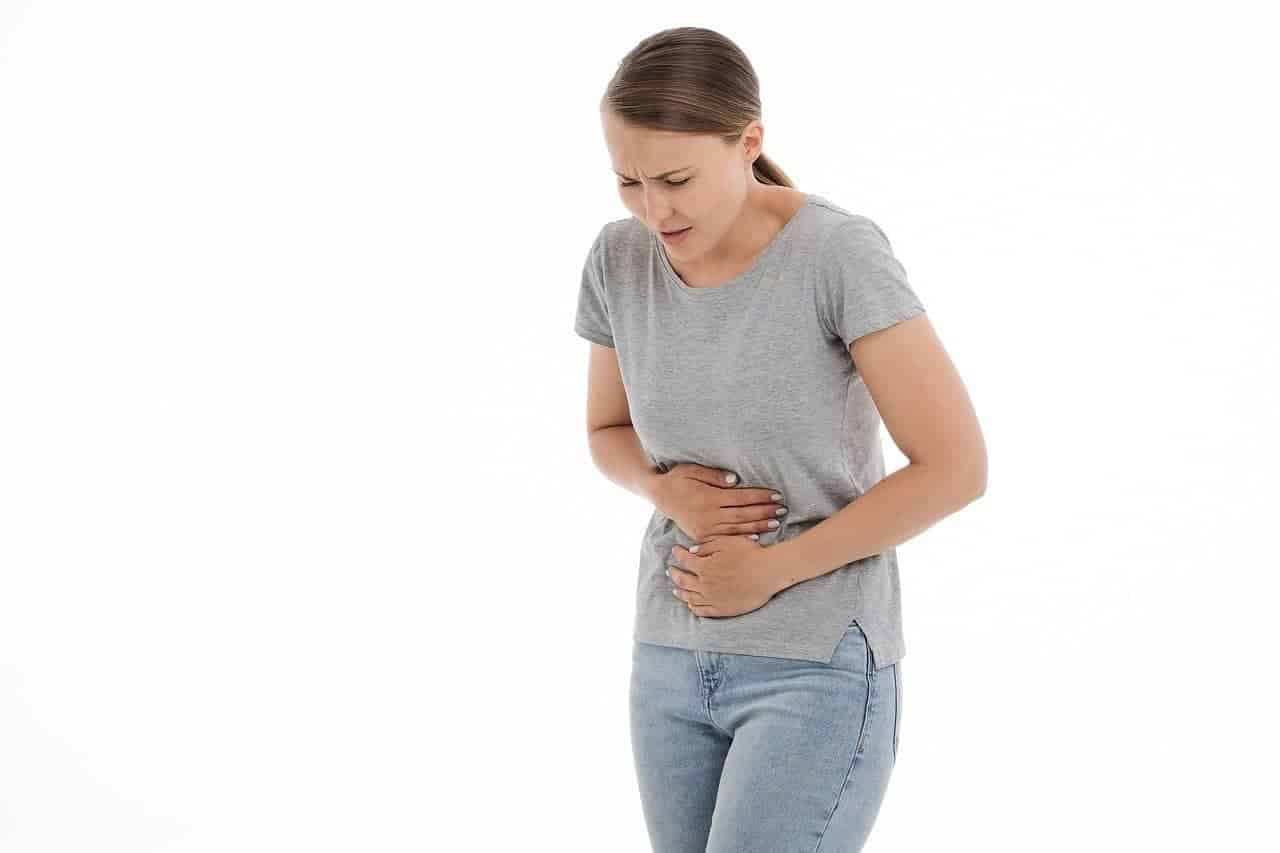
OHSS happens when there is enhanced stimulation of the ovaries caused by fertility medication and hormones. This, in turn, results in swollen and painful ovaries.
Minor symptoms include mild to moderate abdominal pain, nausea and vomiting, feeling bloated, loss of appetite, and diarrhea. Severe OHSS, on the other hand, is characterized by severe abdominal pain, severe nausea with persistent vomiting, dark-colored urine, decreased urination, low blood pressure, shortness of breath, and rapid weight gain (over 2.2 lbs in less than 24 hours).
About 1 in 10 patients undergoing IVF develop mild OHSS symptoms, while only around 1 in 100 need to be hospitalized due to severe symptoms. Usually, symptoms start showing 4 to 5 days after the egg retrieval operation. Mild symptoms resolve after around two weeks, but severe symptoms must be addressed by a doctor immediately and may require hospitalization.
Causes of Severe Pain after IVF Egg Retrieval
Aside from the above-mentioned side effects, the woman undergoing egg retrieval might also encounter the following more severe, yet less likely to occur, risks:
Pelvic Infection
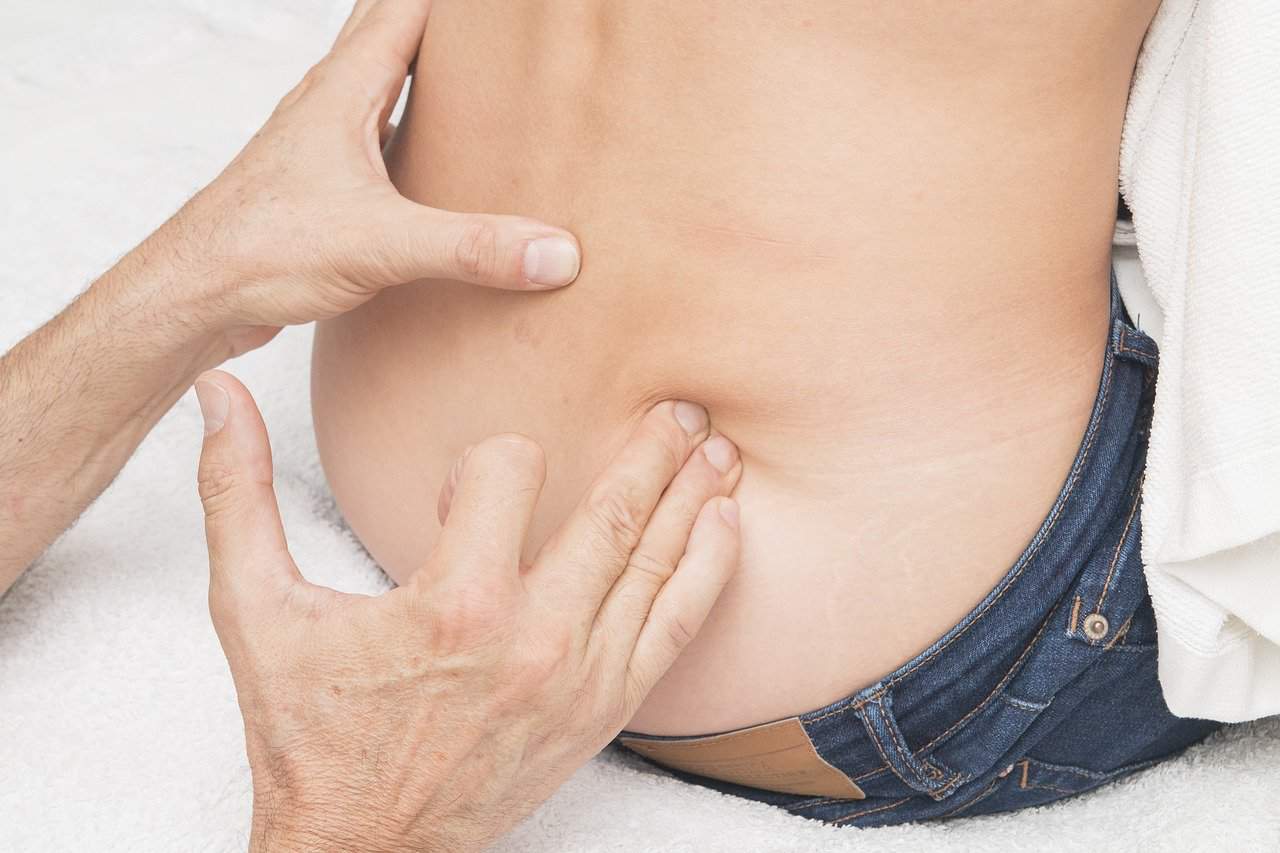
This can occur after egg collection if the suction needle used accidentally carries bacteria from a damaged fallopian tube, the bowel, or the vagina, then transfers the bacteria into the abdomen.
This infection only occurs in 0.2 percent of patients undergoing the procedure. The chances of infection can be reduced further by administering antibiotics to the patient for cases when the needle punctures an endometriosis cyst, the bowel, or a damaged fallopian tube.
Vaginal Bleeding
More than 100 ml of blood loss due to vaginal bleeding occurs in about 1 percent of egg retrieval procedures, but it usually resolves quickly.
Internal Bleeding
The chances for this to occur is only 0.1 percent. Bleeding can be caused by a punctured blood vessel in the abdomen during egg retrieval. This would result in severe pain, which can only be felt some time after the procedure. Blood may also irritate the diaphragm and cause pain at the shoulder tip.
Recovery After Egg Retrieval

- Rest. Mild household chores and other light activities are safe to do even right after the operation. However, strenuous activities like heavy exercise must be avoided. In most cases, the woman gets back to normal immediately the following day.
While lying and resting, a heating pad can be placed on the painful area to ease the discomfort.
- Take OTC pain relievers. After the operation, the woman may feel some pain, including bloating, abdominal cramping, soreness in the vaginal area, or minimal spotting, that typically lasts a few days. To relieve pelvic pain, over-the-counter (OTC) medicine such as acetaminophen (Tylenol and other brands) can be used.
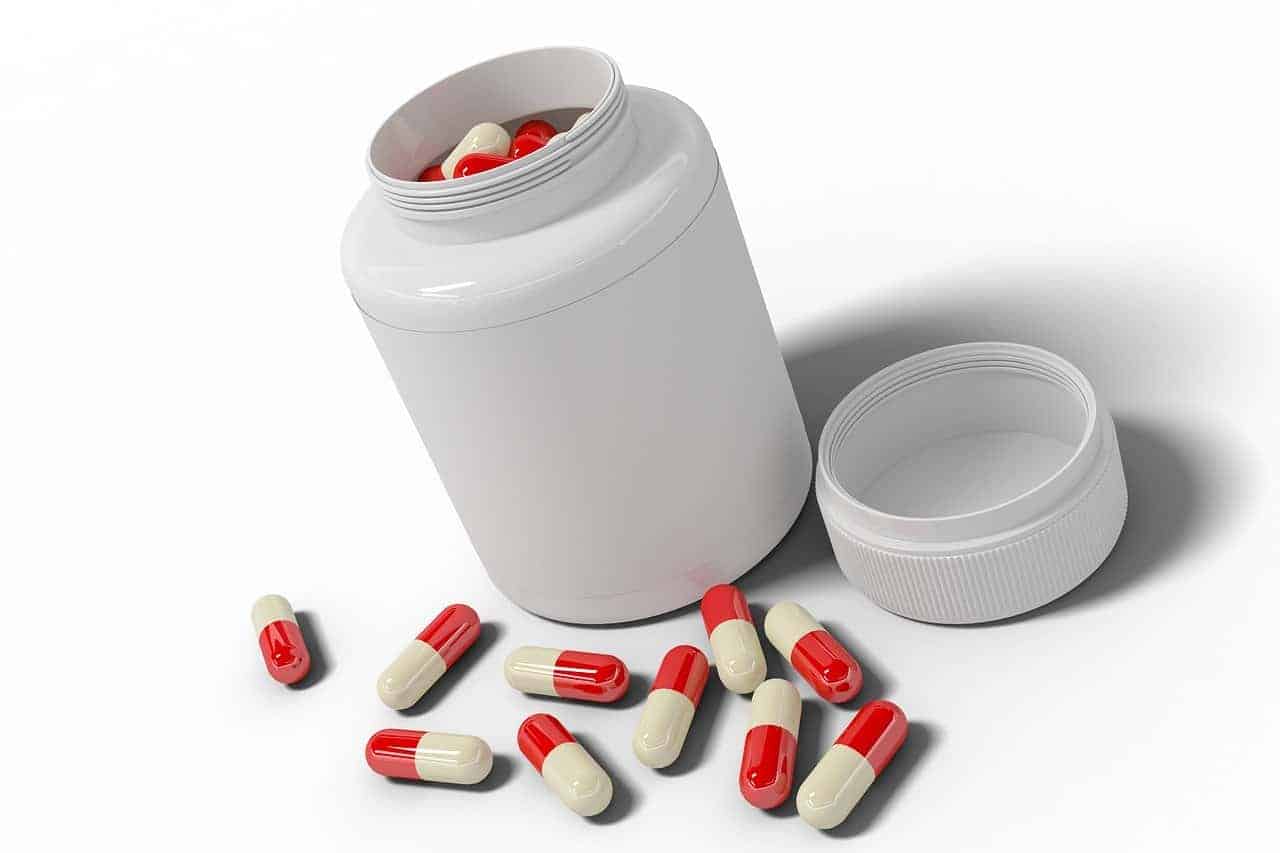
For severe pain, the doctor may prescribe Vicodin. However, it should not be taken with other acetaminophen drugs, since Vicodin already contains 500mg of acetaminophen. An overdose of acetaminophen in a 24-hour period could cause serious health issues.
- Stay hydrated. The blood can lose a lot of fluid during the egg retrieval operation, making it more concentrated than usual, which in turn results in slower functioning of the kidneys. Water will greatly help in rehydrating the body and bringing some fluid back to the blood. It is advised to drink enough water until the patient is peeing out pale yellow urine every two hours.

Staying hydrated can also help resolve the side effect of constipation. By drinking plenty of water, the stool will be softer, and the colon will be “wet” enough to allow easier passing of waste.
- Follow the “keto” diet. Keto diet is a high fat, moderate protein, and low carbohydrate diet. When there is a risk of OHSS, it is best to have 150 to 200 grams of protein intake to alleviate the symptoms. OHSS symptoms are usually gone after several days, but for severe cases, medical attention may be required.

- Do not have sex. Having sexual intercourse within two weeks after the procedure will potentially irritate the cervix, which can result in worsening of pain in the vaginal area.
Final Thoughts
Egg retrieval is a minor operation wherein the eggs are sucked from the ovaries of a woman – either as part of the IVF cycle or for egg freezing. It is accompanied by several risks and side effects, which can be prevented or minimized through proper preparation and taking good post-operation measures.
Minor side effects, such as pain, mild cramping, bloating, soreness in the vaginal area, and constipation, are normal and typically resolve in a few days. However, there are some cases wherein the patient develops severe OHSS and complications, which may result in severe pain and may require medical attention.